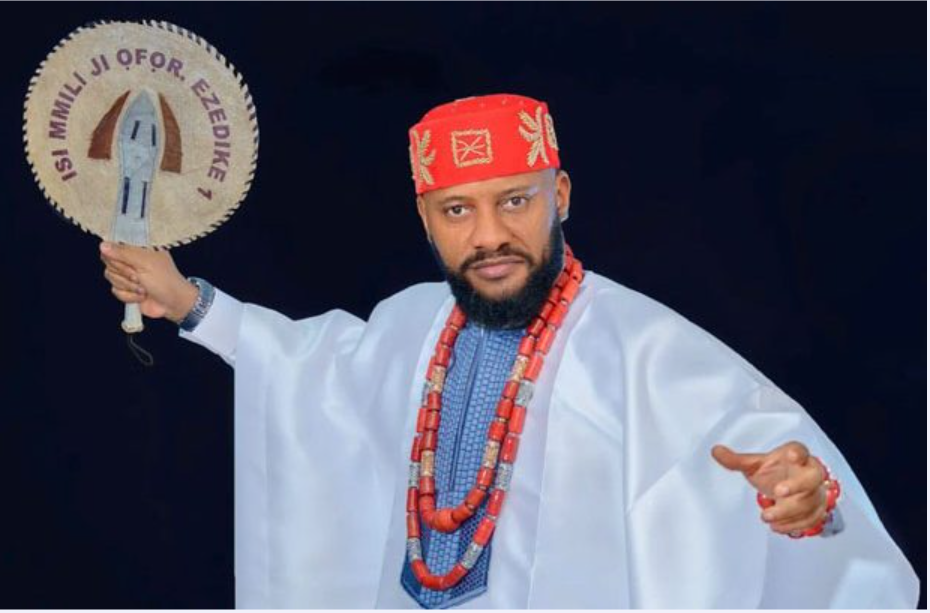Nollywood actor Yul Edochie has once again set social media ablaze—not for a film role or political move, but for a passionate call to arms in defense of African spiritual traditions.
Declaring himself a “hardcore traditionalist,” Edochie challenged Nigerians to reconnect with the spiritual ways of their ancestors, blaming society’s drift toward Western beliefs for rising misfortunes, especially untimely deaths.
In a viral Instagram post, the filmmaker and one-time presidential aspirant said he would never abandon the indigenous beliefs of his forebears, stating, “The ways of my ancestors are built on truth, transparency, and fairness.” He lamented how centuries of colonial influence and modern religion have alienated Africans from their spiritual identity.
“Untimely deaths are now rampant because we’ve abandoned our traditions and embraced foreign ideologies,” Edochie wrote. “This disconnection is disrupting the natural balance our forefathers upheld.”
The post ignited intense debate online, with many praising his stance as a bold defense of African culture, while others viewed it as inconsistent with his previously declared Christian ministry. Edochie has addressed the criticism head-on, claiming he is both a prophet and a native doctor, asserting that his spiritual journey is multifaceted and deeply personal. “I serve the same God in different dimensions. You can’t put spirituality in a box,” he said in a follow-up post.
Public reactions remain divided. Cultural revivalists and traditionalists have hailed Edochie as a necessary voice in reclaiming African spirituality, while skeptics question the timing and authenticity of his declarations, especially given his high-profile controversies in recent years.
Still, his message is striking a chord with a generation grappling with identity, spirituality, and cultural pride in a rapidly globalized world. Whether seen as an awakening or a publicity stunt, Yul Edochie’s ancestral drumbeat is echoing through Nigeria’s consciousness—forcing a new dialogue about where faith, culture, and identity truly intersect.
